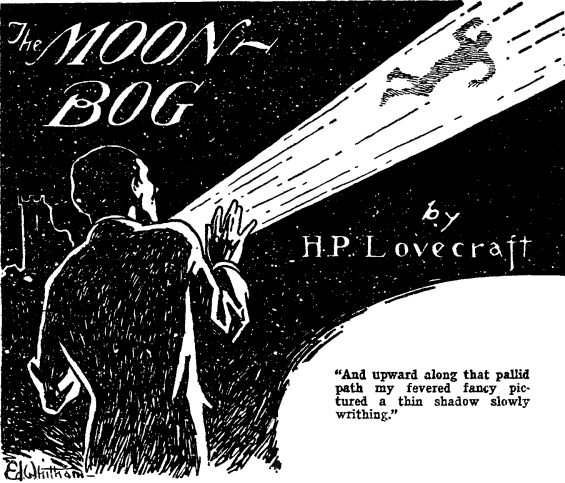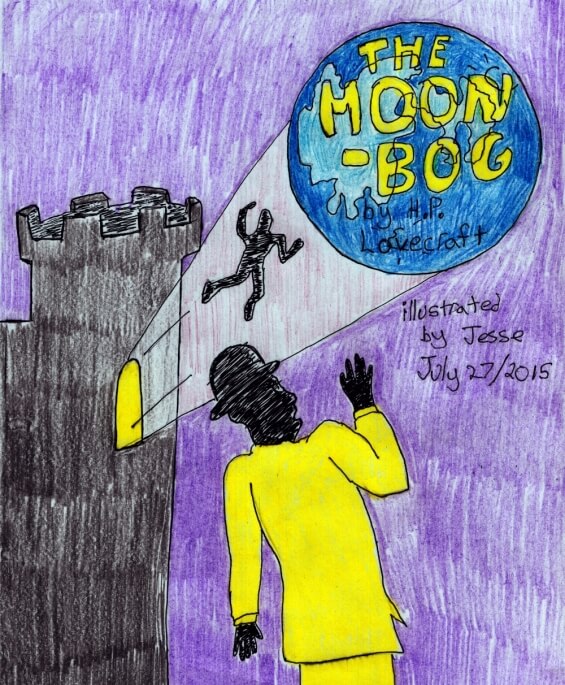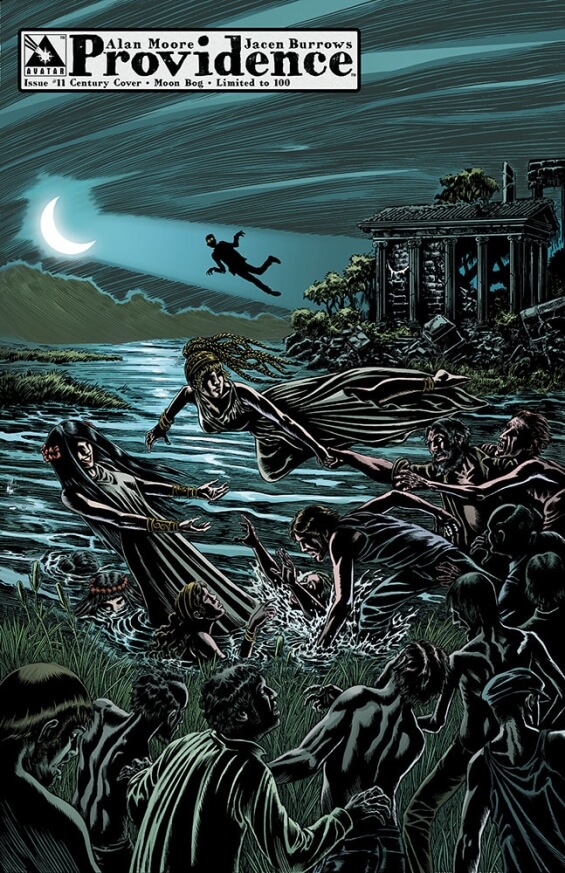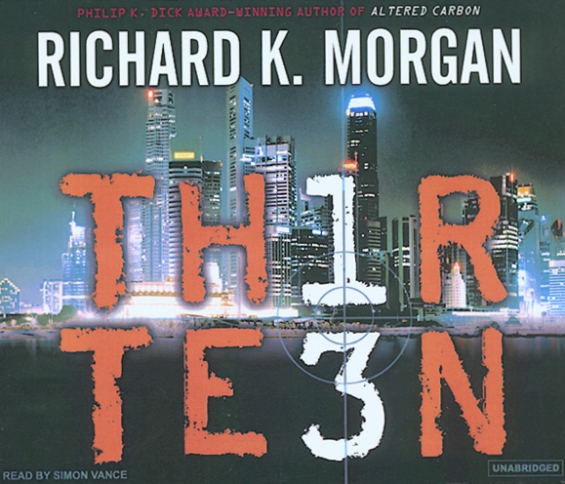
 The SFFaudio Podcast #291 – Jesse, Paul Weimer, and Marissa van Uden talk about Martian Time-Slip by Philip K. Dick.
The SFFaudio Podcast #291 – Jesse, Paul Weimer, and Marissa van Uden talk about Martian Time-Slip by Philip K. Dick.
Talked about on today’s show:
1964, first serialized as All We Marsmen, a pair of boxing insects, threads that lead nowhere, “a wonderful train-wreck of a novel”, the two audiobook versions, repeating scenes are disconcerting in the audiobook, repeating moments, at Arnie’s apartment, is this a byproduct of the writing process?, problems with marriage and plumbers, The Search For Philip K. Dick by Anne R. Dick, “Goodmember Arnie Kott Of Mars”, Chinatown, The Two Jakes, developers, Heliogabalus, time travel, the broken Friendly Dad robot, the school is monitoring, when you’re reading your Kindle Amazon is watching you, school is to make you conservative, preserving Earth culture, the time gate anthology, Robert Silverberg, autonomous robots, door to door salesmen, teaching machines, the different robot teachers, Immanuel Kant robot, with certainty he pointed down the hall, a western bias (the interests of Philip K. Dick), Aristotle, Abraham Lincoln, Julius, Winston Churchill, Tiberius, Thomas Edison, warfare, history, a million neat ideas, Philip II of Macedon, Alexander the Great, schizophrenia and autism, experiencing time at a different rate, derangement in a sense of time, A.D.D. and A.D.H.D., Camp BG, setting your watch by the stars and by the seasons, schizophrenia as a tendency but not a disability, daylight savings time, recipe for going to jail: act as if daylight savings isn’t real, its what the novel is about, the Soviets, an American Mars, a Bradburyian Mars, Martians as elves, the Bleekmen, water witch, hunter/gatherers nomadic culture, the “tame” Bleekman, the dream-quest is payback, a “pilg” (pilgrimage), Deus Irae by Philip K. Dick and Roger Zelazny, the trek through the desert, Tibor, Psychology Today, “oh, boy!”, thiotimoline, reconciling realities, “gubble gubble”, sharped tongued secretary, bicycles in outer space, she’s the predator, he’s the predator, Arnie and Manfred, sniffing around Doreen, they’re from the “TOMB WORLD”, Silvia is the most common female character name PKD uses, an analogy (or metaphor) for marriage, uppers and downers, drugs and coffee, back to the keyboard, Dr. Glaub is desperate to make some money, Dick’s own financial concerns, Anne, webbed fingers, inside the minds of horrible people, the dialogue driven sex scene is kinda creepy, why is she with this guy?, access to all the booze, why does Jack go back to his wife?, the perfunctory affairs are unbelievable, unredeemable, somehow it seems to all work, the Swiss rocket, Bleekmen are homo-sapiens, the S.M. Stirling Lords Of Creation novels, Mars as California, Australian aborigines, “dreamlines dreamsongs and dreamtime“, Ludwig Binswanger, psychiatry, psychology, Ellen had split her life, the “tomb world”,” degenerate and degenerating”, being trapped in your own body, “a narrowing a contracting”, gubble as a marker, Being John Malkovich, “Malkovich Malkovich Malkovich!”, our bodies with their low needs distract them from our purposes (if we have any), oblivious to suffering, depression, it’s all brain chemistry, anorexia, obsession with death, Mafred’s “sick” drawing, Amweb as the “tomb world”, the Manfred illustration, the nightmare woman, “her tongue wants to cut”, seeing into the future is seeing death, awesome imagery, a recurring image, The Minority Report, armless and legless (limbless characters), the movie adaptation of A Scanner Darkly, dialogue driven storytelling, what are they reacting to?, mental processes, “it was there to be found”, Virgil Finlay, reading it harder, a post apocalyptic zombie novel, building up a picture, open to being expanded, PKD is concise, most books aren’t dialogue driven, creative writing classes, showing off descriptive skills, novels vs. poetry, is J.R.R. Tolkien responsible for this?, a reverence for the landscape, what color is the dust?, visuals are everything has colonized Science Fiction and Fantasy in the last 30 years, eating meals and walking the landscape, this book isn’t a distraction from life, a meta-description of life, what makes this a SF story?, “the chamber”, the technology is your mind and your brain, even Mars isn’t very different, mars rats, what do the bleekmen hunt?, water witches!, does the water witch protect Jack?, the pistol, the real SF idea behind this is PKD is trying top figure out what déjà vu is, the “I know what is going to happen next” feeling, we are very poor at capitalizing on our future knowledge, the slipped gear, “Oh, little Jackie.”, Philip K. Dick’s science fiction is Psychology Today, an ansible, this problem in science and the social situation between these characters, lying in bed in a hypnagogic state, doing dream style processing of mental white noise in a semi-conscious state, “all different all equally true”, different angles, the broken mosaic, the fact that these books are dated doesn’t age the books, the Brilliance Audio audiobook narrated by Jeff Cummings, Grover Gardner (Tom Parker) narration of Martian Time-Slip, the bicycles floating into space, a horrible human being (he wastes water), Heliogabalus -> Helio (sun -> son) will Gabalus (gubble) less, Elagabalus, the religion of the Roman Empire, a scene, W.A. Mozart, “I love Mozart!”, Bruno Walter conducting, that hideous racket, encoding messages, Manfred Steiner, is this the sign?, they emerged from her pores, whoever’s perspective we see the scene from they all enter the “tomb world”, “teeming with gubbish”, “he wanted to bite her lip”, the pivot point, screeches, the screech of the bus, music, what do dogs think of music?, what do autistic people think of music?, trance music, a Dickian idea, music and sound, the bus brakes screech, “fire!”, bears at the zoo cavorting for peanuts, the suicide, “more evidence that Arnie is a horrible human being”, we just need a little bit of hope, Do Androids Dream Of Electric Sheep?, Galactic Pot-Healer, Fair Game by Philip K. Dick, The World Jones Made, there are 36 public domain Philip K. Dick stories, Time Out Of Joint (is Paul’s favourite Dick novel), a constructed town,













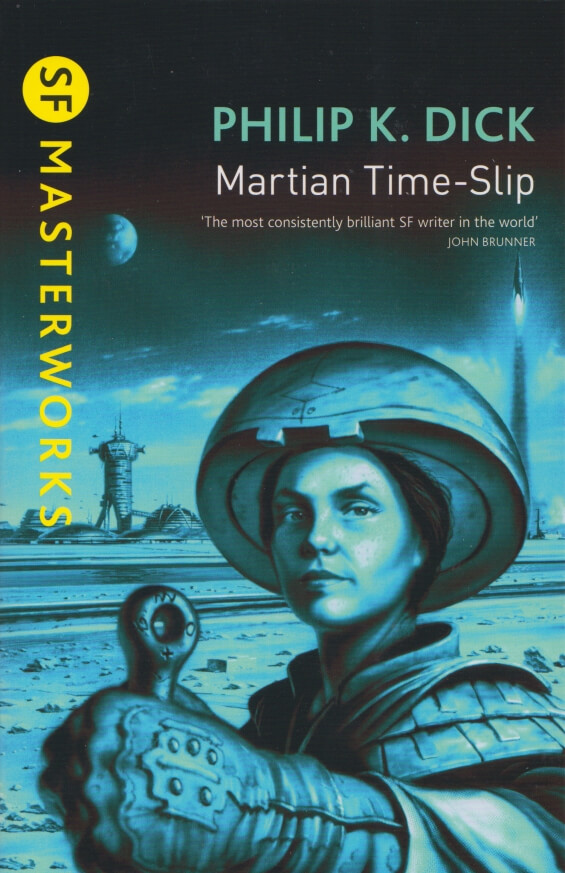

Posted by Jesse Willis

 The SFFaudio Podcast #327 – The Moon-Bog by H.P. Lovecraft; read by Martin Reyto courtesy of Legamus. This is an unabridged reading of the short story (24 minutes) followed by a discussion of it. Participants in the discussion include Jesse Willis, Seth Wilson, Jim Moon, and Juan Luis Pérez.
The SFFaudio Podcast #327 – The Moon-Bog by H.P. Lovecraft; read by Martin Reyto courtesy of Legamus. This is an unabridged reading of the short story (24 minutes) followed by a discussion of it. Participants in the discussion include Jesse Willis, Seth Wilson, Jim Moon, and Juan Luis Pérez.